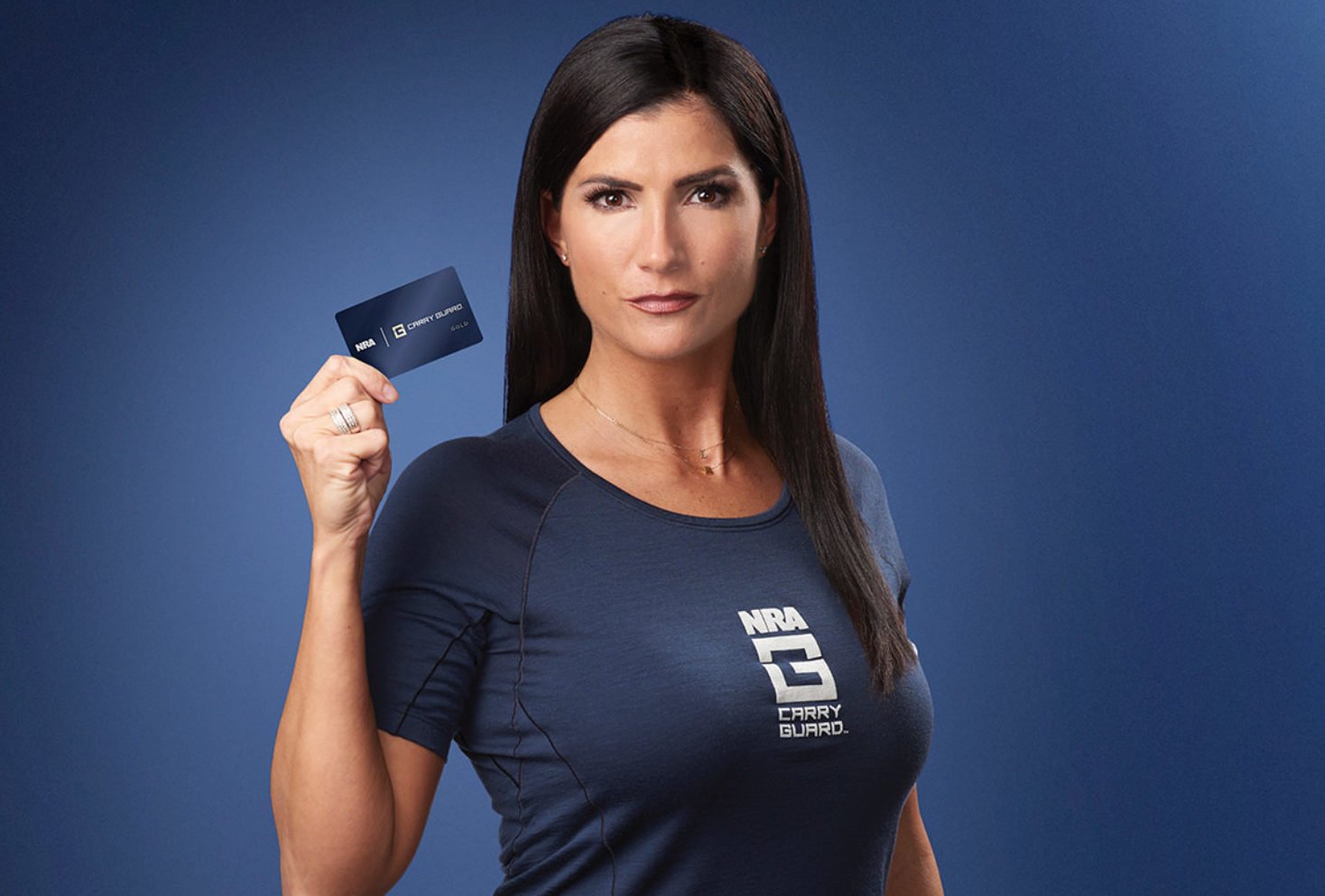Good morning, Bulletin readers. California orders the National Rifle Association to stop selling its Carry Guard insurance. Federal prosecutors suggest that accused Russian spy Maria Butina could turn on the GOP operative with whom she’s been romantically involved. Plus, millions of American women experience an overlooked form of domestic abuse called coercive control.
Receive this daily news briefing by email every morning. Sign up here.
WHAT TO KNOW TODAY
California orders the NRA to stop selling its Carry Guard insurance in the state. On Tuesday, the California Department of Insurance issued a cease-and-desist order to the NRA claiming the gun group marketed its self-defense insurance without a proper license. As The Trace has reported, the insurance product — dubbed “murder insurance” by critics — faces scrutiny from regulators in several states, including New York, New Jersey, and Washington State.
New from The Trace: Smith & Wesson’s parent company is using pseudoscience in its fight against an activist-led shareholder campaign for transparency. In a filing on Monday to the Securities and Exchange Commission, American Outdoor Brands cited the debunked economist John Lott, Jr. to make the dubious claim that more guns result in less crime. Alex Yablon has the story.
The accused Russian agent Maria Butina has offered to flip on her American boyfriend, court documents suggest. In a recent filing, federal prosecutors allege that Butina has offered details on Republican political consultant Paul Erickson’s “illegal activities.” The document also suggests that Erickson “played an integral role in the defendant’s efforts to establish an informal line of communication between the Kremlin and the incoming Presidential Administration,” with the knowledge that she was acting on behalf of Alexander Torshin, the deputy governor of Russia’s central bank and a former Russian senator.
Active shooting incidents involving semiautomatic rifles are more deadly than those involving handguns, according to a new paper published in the Journal of the American Medical Association. The study, which examined 248 shootings, found that gunshot wounds from semiautomatic rifles are no more fatal than those from handguns, but the number of victims nearly doubled when a rifle was used. Another key finding: High-powered rifles are not commonly used by active shooters. Such weapons were present in only 25 percent of the incidents analyzed in the study, reaffirming the findings of a recent ALERRT analysis of active shooter incidents.
The NRA weighed in on the shooting of an unarmed Black man in Dallas. In an NRATV segment Monday night, NRA spokesperson Dana Loesch said the man who was killed inside his home by a police officer might have survived if he had been “a law-abiding gun owner.”
Police in Des Moines, Iowa, are now using a federal database to solve gun crimes faster. The Des Moines Police Department announced this week that it would be the first in the state to install a machine to access the National Integrated Ballistic Information Network, or NIBIN, a database that helps police match shell casings to the guns that fired them. More on NIBIN: Many see the database as law enforcement’s best hope for getting shooters off the street before they commit more crimes. Some crime labs are making better use of the tool than others.
A white man pulled a gun on a group of black college students in Florida. The students were waiting to get into their friend’s Tallahassee apartment building on Saturday night when an armed white man tried to stop them from boarding the elevator. The students later posted a video of the incident on Twitter, where it has been shared thousands of times. Tallahassee Police said they are investigating.
ONE LAST THING
How abusers use guns to terrorize their intimate partners, without pulling the trigger. Millions of people, many of them women, have been threatened with guns by their partners. For a new feature in collaboration with Cosmopolitan, Jennifer Mascia took a closer look at this form of abuse, known as coercive control, and the lasting damage it leaves behind. “It was almost like being held captive,” one survivor told her.

